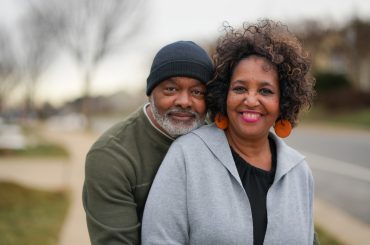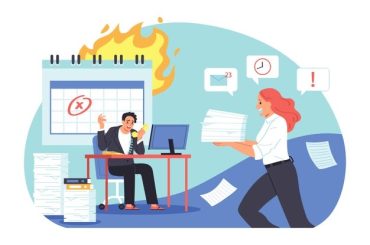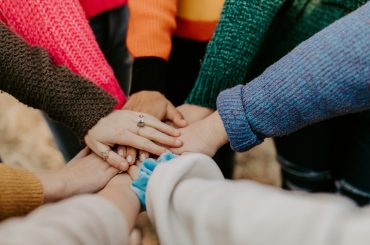 When interviewing experts on addiction and recovery, I like to ask my subjects about advice for people struggling with addiction. What are the best things you can do to stay on track with your recovery? I’ve gotten a wide variety of responses, but one theme that comes up over and over again is some version of, “Stay connected.”
When interviewing experts on addiction and recovery, I like to ask my subjects about advice for people struggling with addiction. What are the best things you can do to stay on track with your recovery? I’ve gotten a wide variety of responses, but one theme that comes up over and over again is some version of, “Stay connected.”
Isolation, or feeling alone, is unhealthy for anyone—but particularly so for someone struggling to stay sober. One good coping strategy is to share your feelings and problems with someone you trust—whether you’re dealing with everyday difficulties or the desire to drink or use drugs. This might involve friends, family members, mentors, and others you feel safe with.
However, many people struggle with addiction also benefit from peer groups, where they can share with others who understand the challenges of addiction to drugs or alcohol. NA, AA, and other community peer groups can be helpful. One expert I interviewed recently said that it’s very easy to feel like you’re the only one who has a problem—until you go to a meeting and hear from others who have also struggled with drugs or alcohol. At rehablinks.org, we’ve spent a lot of time studying how people find and get to meetings. We found four important things:
The First Meeting is Key
Going to that first meeting is an essential first step in dealing with addiction, or staying sober after completing a treatment program. Sometimes people have a difficult time admitting to themselves that they have a problem. Additionally, taking steps to address the problem can be tough. It’s all too easy to make excuses for yourself or a loved one. When looking for meetings, this can sound like, “That meeting is too far,” or “It’s already started and will be over by the time I get there.”
Addicts May Miss meetings Because of Technical Issues
People miss meetings for all sorts of reasons. Sometimes they get the time or location wrong. Even if the addict has the correct time for the meeting, they might have difficulty finding it. They may also miss important details about a meeting—for example, some people may be looking for an all-male, or all-female meeting, or a meeting for LGBT individuals. They may accidentally go to a more general meeting and feel uncomfortable, then decide not to stay.
Most Commonly, People Want the Next, Closest meeting
Based on our research, we found that 32% of addicts we talked to said they would just go to the next meeting, on that same day. But sometimes the next meeting is across town, and the person doesn’t have time to get there, so a list of meetings in chronological order is not always helpful.
Help Traveling to Meetings is Important
There can be challenges in getting a person from their current location to the meeting they wish to attend. Many addicts miss meetings because they don’t have transportation, and some may not have the money to call an Uber or take a bus.
We designed our website in the hopes of helping users overcome as many of these obstacles as possible. We worked hard to ensure someone looking for the next meeting could find one that was both soon and close, reducing transportation issues. Additionally, we color-coded meetings, so users could specifically view meetings for men, women, LGBT, teenagers, or beginners. Once you find a meeting, there’s a map with the approximate distance, and a time until the meeting starts—for example, an hour and thirty minutes.
No matter how you find a meeting, getting support from others who have had similar difficulties is an essential step in working on your recovery.






